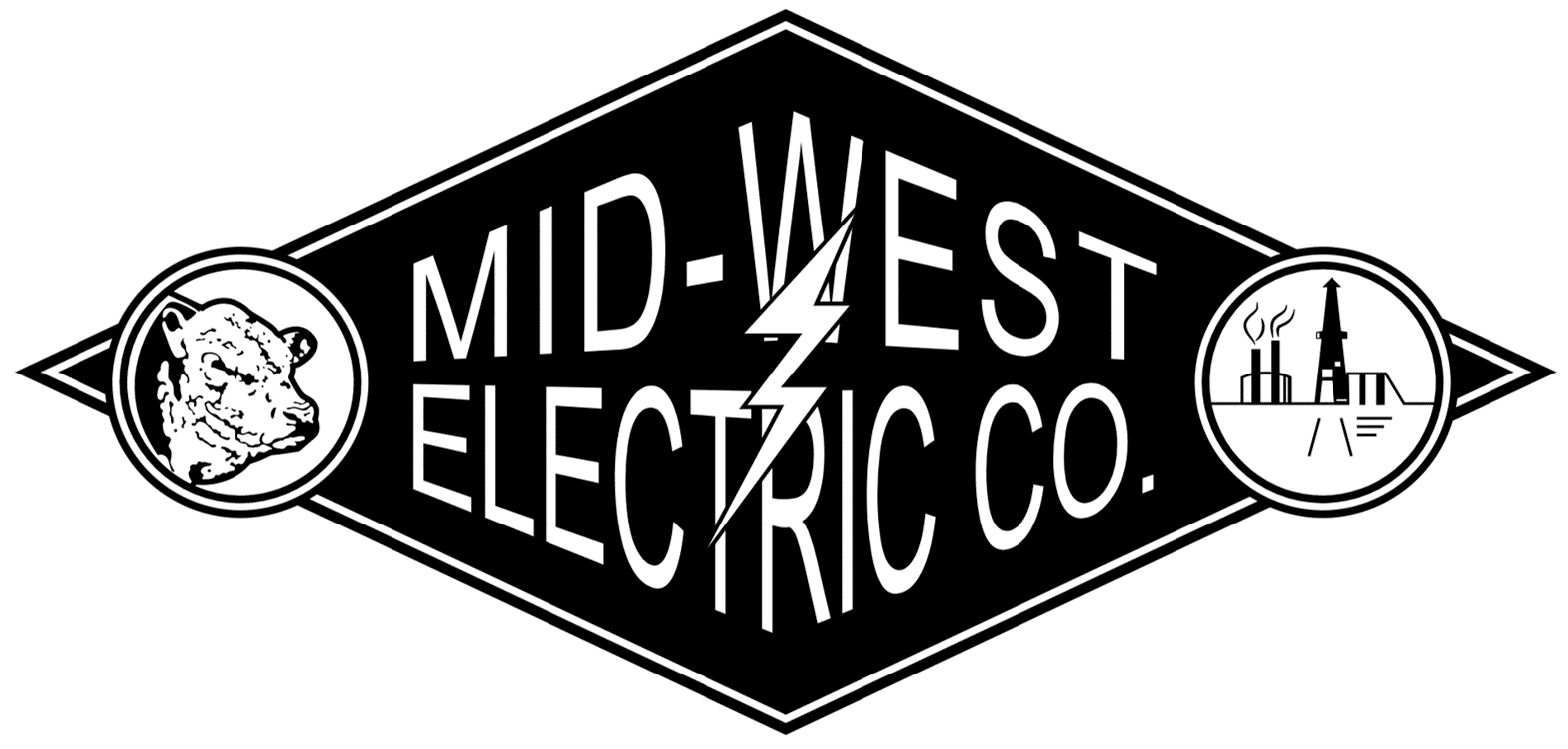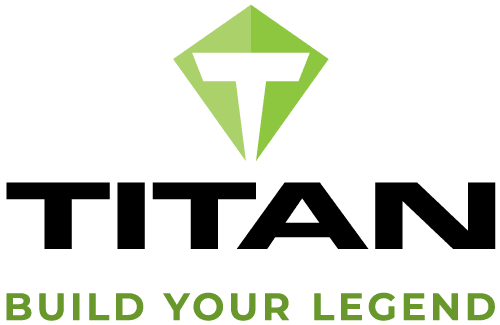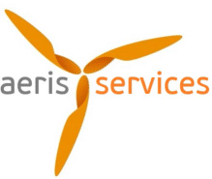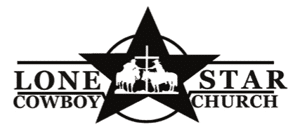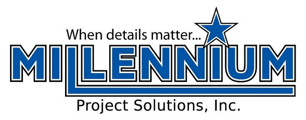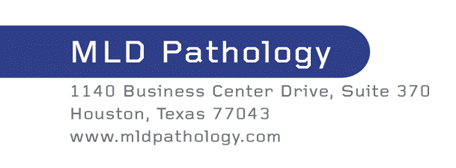The Big Beautiful Bill of 2025 brings a major win for America’s hourly and tipped workers. For the first time, qualifying employees can exclude certain tips and overtime premiums from federal income tax—meaning more take-home pay and greater incentives to work extra hours. From 2025 through 2028, this landmark legislation lightens the tax burden on hardworking individuals in hospitality, retail, healthcare, logistics, and other tip- and shift-driven industries. But to make the most of these benefits, both employers and employees need to understand the rules, track pay accurately, and plan ahead. Here’s what you need to know.
Tax-Free Overtime and Tips
Under the new law (from Tax Years 2025 to 2028), employees earning $150,000 or less ($300,000 if filing jointly) won’t have to pay federal income tax on certain parts of their pay, specifically:
- Cash Tips – A tipped worker who receives cash tips (like a server, bartender, hotel worker, etc.):
- Can exclude up to $25,000 per year in cash tips from federal income tax
- They will still need to report the tips, but it won’t be taxed by the IRS
What Counts as “Qualified Tips”:
Under the law, only tips that are paid voluntarily by the customer, not subject to negotiation, and paid without consequence if the customer chooses not to tip, count as qualified. Qualified tips may include:
- Cash tips given directly by customers and determined at their discretion
- Tips added by the customer through a credit card, debit card, gift card, or other electronic method
- Tip-outs received from other employees through a tip pool or tip-sharing arrangement
The IRS has clarified that mandatory service charges – such as fees automatically added to a bill for large parties – are not considered tips, even if distributed to employees. These are treated as wages and do not qualify for the tax exemption.
Note: The Treasury Department will publish a comprehensive list of eligible tipped occupations by October 2.
Overtime “Premium Pay” – An hourly worker who works overtime (over 40 hours/week) is entitled to:
- Overtime Premium: Paid at 1.5 times their regular rate – the extra half is called “overtime premium”
- Federal Income Tax Deduction: The premium portion can be excluded from federal income tax, up to $12,500/year for individuals $25,000/year for married couples filing jointly
Example: If the employee’s normal rate is $20/hour and their overtime rate = $30/hour, the first $20 (base pay) is still taxed normally. The extra $10 (the premium) may be tax-free under the new rule
Note: This federal tax deduction applies only to overtime pay required under the FLSA. Overtime pay mandated by state laws, collective bargaining agreements, or paid voluntarily by employers does not qualify for this deduction. Employers in states with daily overtime laws (i.e., California, Alaska, Colorado, Nevada, and Oregon) must track and report FLSA-required overtime separately from state-mandated overtime.
What Employers Need to Do:
- Track tips and overtime premium separately in payroll
- Report them clearly on W-2 Forms
- Coordinate with payroll vendor to set up accurate reporting
Why It Matters:
- Puts more take-home pay in workers’ pockets
- Encourages extra hours and work in tip-heavy or hourly roles
- Great benefit for industries like hospitality, retail, healthcare, logistics
It’s critical for employers to understand the details and implement proper tracking and reporting. At Achilles Group, we help businesses stay ahead of evolving pay regulations by guiding leaders through compliance updates, payroll coordination, and clear communication—so your team stays informed, your practices stay legal, and your people get paid right.













